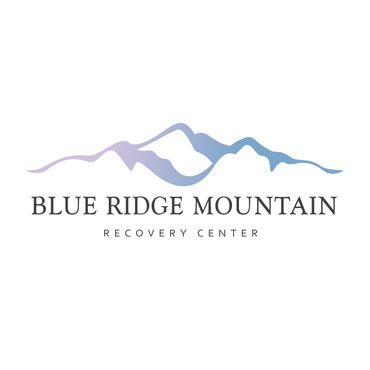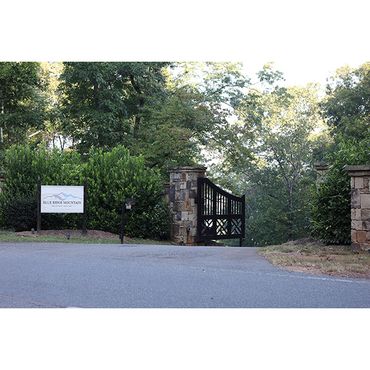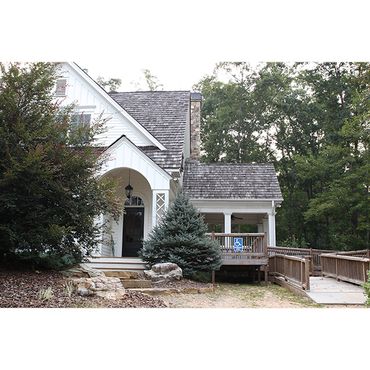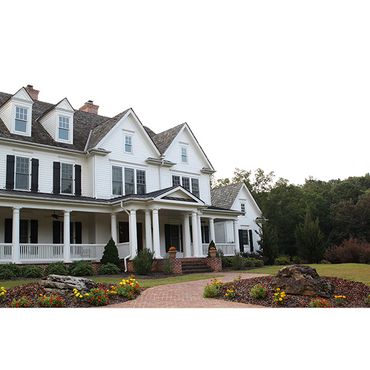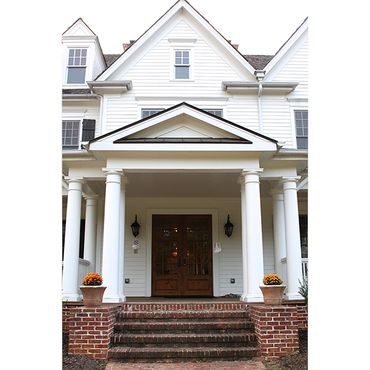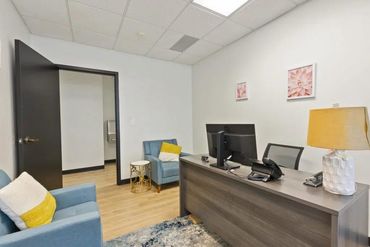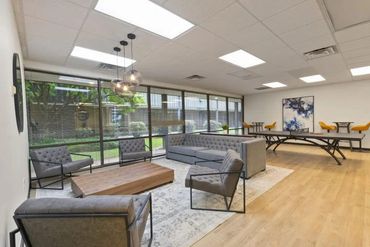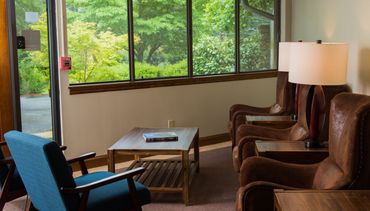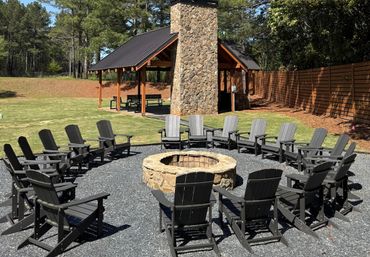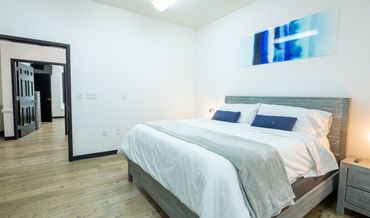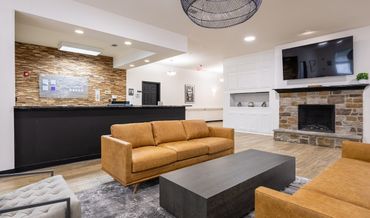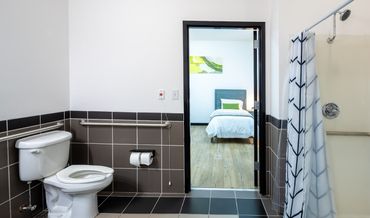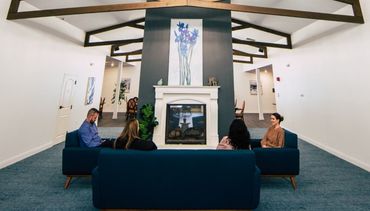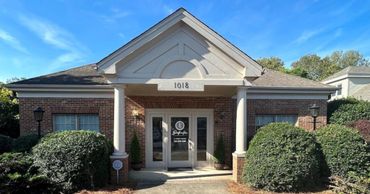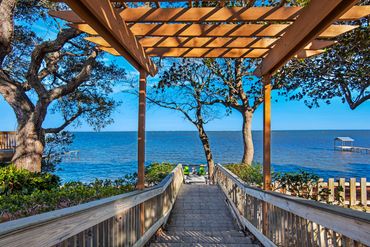
Drug & Alcohol Rehab Centers near Dahlonega, GA
When it comes to finding treatment for substance use disorder in Dahlonega, Georgia, taking the first step towards recovery is crucial. Understanding the available payment options can make this journey more manageable and accessible.
Treatment Centers near Dahlonega, GA
Open to Travel? Check out Top-Rated Options
All Treatment Centers near Dahlonega, GA
Are You Covered For Treatment?
- Atlanta Rehabs
- Marietta Rehabs
- Decatur Rehabs
- Savannah Rehabs
- Augusta Rehabs
- Statesboro Rehabs
- Lawrenceville Rehabs
- Athens Rehabs
- Macon Rehabs
- Cumming Rehabs
Information About Rehab in Dahlonega
Latest Reviews
Latest Reviews of Rehabs in Georgia
Mount Sinai Wellness Center
I’m the Wellness Director of The Fourmula, an outpatient program in Florida. If I had a family member or friend that needed residential treatment I would send them here. Their medical director is renowned in the field of addiction and his work has been published numerous times. I’ve visited the site myself and it’s secluded, serene, and more like a luxury mountain hotel than a treatment center. In the event that someone you care about needs help you can feel confident they will be well taken care of at Mount Sinai.
Area Information
Nestled in the picturesque North Georgia mountains, Dahlonega is a charming city known for its rich history and scenic beauty. With a population of approximately 6,000 residents,1 Dahlonega exudes a small-town charm that attracts visitors from all over. Its historic downtown district is famous for its gold rush history, quaint shops, and vibrant arts scene. The surrounding natural beauty provides ample opportunities for outdoor enthusiasts to explore, including hiking trails and wineries. Dahlonega’s close-knit community and warm Southern hospitality make it an inviting place for those seeking recovery and healing.
Substance Misuse and Addiction in Dahlonega, Georgia
Despite its many charms, drug misuse and addiction remain significant concerns in Dahlonega and across the state of Georgia. Recent data reveals the alarming extent of the issue, with 14.7 drug overdose fatalities for every 100,000 Georgia residents recorded in 2018 alone.2 This underscores the urgency of accessible and effective addiction treatment options in the region, highlighting the need for individuals to seek help and support for their recovery journeys.
Drug and Alcohol Rehab
Rehabilitation offers a range of options and programs to treat addiction and support individuals on their journey to recovery. These programs are designed to cater to the diverse needs of those struggling with substance use disorder.
What Happens in Drug and Alcohol Rehab?
Rehabilitation encompasses multiple stages of care, including detox, inpatient treatment, outpatient treatment, and aftercare. Each stage is tailored to meet the unique needs of individuals in different phases of their recovery journey.
Detox Programs
Detoxification, often the initial step in the journey to recovery, is a critical phase in substance use disorder treatment. Detox programs are medically supervised to ensure the safety and well-being of individuals as they experience withdrawal symptoms from substances. Medications may be administered to help alleviate the discomfort and risks associated with withdrawal. The compassionate staff in these programs provide a supportive and controlled environment, where individuals can begin to break free from the physical grip of addiction.
How Long Is Detox in Rehab?
While the duration of detox varies depending on factors such as the type of substance, an individual’s overall health, and the severity of the addiction, it typically lasts anywhere from 3 to 7 days. This phase clears the path for the subsequent stages of treatment, where individuals can address the psychological and emotional aspects of addiction.
Inpatient Drug and Alcohol Rehab
Inpatient drug rehab is a comprehensive and immersive treatment option designed to offer individuals a dedicated and focused environment for recovery. The duration of inpatient treatment programs often varies, with the most popular options being 30-day programs, although longer durations of 60 or 90 days may be necessary for some individuals.
These programs work by providing a structured daily routine, various evidence-based therapies, and a supportive community that encourages healing. Group therapy, in particular, is a cornerstone of inpatient drug and alcohol rehab. It allows participants to share their experiences, challenges, and successes, fostering a sense of camaraderie and accountability. In addition to addressing addiction, inpatient programs can also diagnose and treat any co-occurring mental health disorders that may be present, offering a holistic approach to recovery.
Outpatient Drug and Alcohol Rehab
Outpatient drug rehab provides a versatile treatment option for individuals who need flexibility in their recovery journey. These programs are designed to accommodate daily life responsibilities, such as work, school, or family commitments. Outpatient treatment involves therapy, counseling, and education, which equip individuals with the tools needed for aftercare and relapse prevention.
Participants can learn valuable strategies to manage triggers and stressors, enabling them to maintain their sobriety once treatment is complete. It’s essential to understand how outpatient drug rehab works, as it can empower individuals to balance their recovery with their daily lives. This approach often empowers individuals with the skills and knowledge required to sustain their recovery in the real world, providing a smoother transition post-treatment.
How Much Does Rehab Cost?
Paying for rehab can seem daunting, but it should never deter someone from seeking help. There are various options for covering the costs, such as:
- Payment Plans
- Government Grants and Scholarships
- Free Rehab
- State-Funded Rehab
Does Insurance Cover Drug and Alcohol Rehab?
Many insurance plans cover at least a portion of rehab costs, alleviating a significant portion of the cost. Widely accepted drug rehab insurances include:
Finding The Best Rehab Center
Dahlonega, Georgia Drug and Alcohol Rehab Facilities
Our rehab locator tool is a helpful resource for those in Georgia looking for treatment options. While you can easily find nearby facilities within the state, it’s often recommended to consider treatment outside your immediate environment to minimize distractions. Our tool can assist you in locating the best treatment facilities, whether in Georgia or elsewhere, to ensure a focused and successful recovery journey.
Sources
- United States Census Bureau. Dahlonega, Georgia. July 1, 2022.
- Northeast Georgia Medical Centers. Community Health Needs Assessment of Northeast Georgia.

